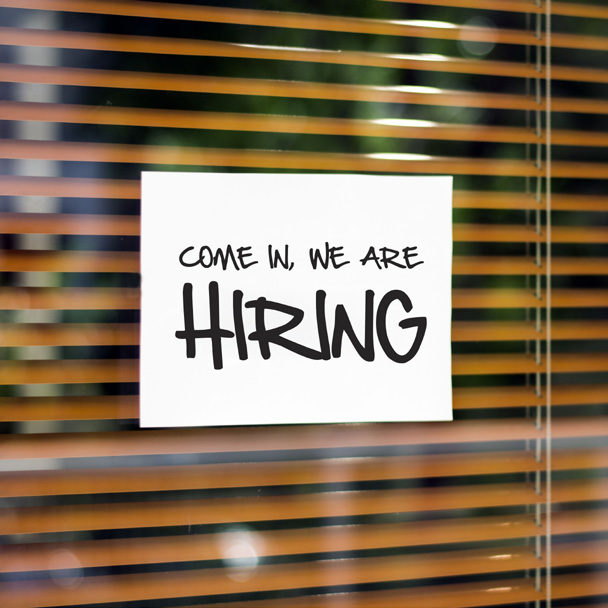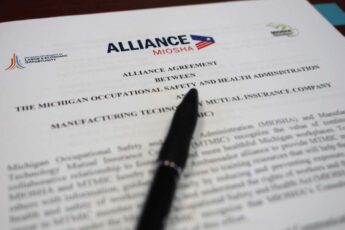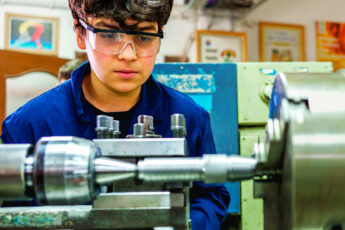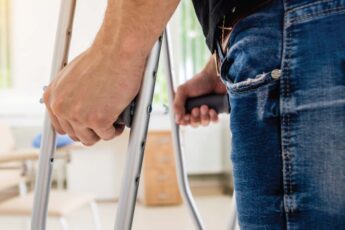By Donna Motley, Vice President of Claims
I didn’t grow up in a wealthy family. I received an allowance for weekly chores. Chores were not gender specific – my sisters and I did everything. We were expected to learn to budget our money. I can remember specifically receiving 25 cents per week and saving up to buy a record album that cost $3.50. Once I started to babysit (at age 12), I no longer received an allowance nor did my mother buy me clothes other than for birthday or Christmas. I was expected to buy my own clothes with the exception of an occasional purchase of material by my mother so I could sew my clothing. My best friend had the identical situation. I couldn’t wait to start working, which I did while in high-school at the age of 17. And yes, I would still babysit (at 25 to 75 cents an hour)! Right or wrong, it sure motivated me! I couldn’t wait to start working and earning money.
The point of my story – “COVID” Unemployment insurance and all the extras, is due to end – or least be substantially reduced. Theoretically, that should put a flood of people back in the workforce. I know employers are screaming for employees. It seems EVERYONE needs help! Bless the first responders and front line workers, but I think they are suffering from “burn out”. I drove past a cemetery last week that had a sign out front indicating “Help Wanted – $15.00 per hour”. The $15.00 per hour seems to be the magic number. I’m sure the cemetery is not looking for someone to dig holes in the ground – that would be a heavy equipment operator earning much more per hour. How hard could the job be? Picking up pine cones dropped by the trees? Trimming around headstones? Picking up trash? Painting a gate? While it might not be a career choice, it would certainly put money in your pocket.
So, if and when applicants are at your door, (assuming they will be), there are a few things you should consider:
Most likely, the applicant has not worked in 15 months. Does the applicant seem eager to return to work? Working requires waking up early, getting dressed, negotiating traffic and working at least 8 hours; returning home and doing it all over again for at least 5 days in a row (maybe even 6).
Most likely, the applicant has not been extremely “physical” over the last 15 months – except for maybe walking the dog. Was the applicant physically fit 15 months ago; what about now after not working for more than a year? How physical is the available position? After not working for 15 months, will the employee be expected to lift, carry, push/pull, bend, climb, twist, etc.? What are the size and weight of the parts they have to handle? Are there quotas to fill?
Working inside a plant or factory during summer months can be pretty warm. Is the applicant aware of the conditions under which they will have to work?
Recreational marijuana is legal now. This would be an excellent time to review your company drug policy and make any adjustments, if necessary. Make sure the applicant is aware of your policies. There seems to be a mis-understanding (by those that partake) that because marijuana is “legal”, those that use have a “free pass”. Alcohol is also legal, but employees cannot show up for work under the influence.
Is the applicant applying for a position for which they have experience? Will training be necessary? Will there be a learning curve? Will there be incentives? Are they willing to learn?
Some experts feel COVID has forever changed our lives. Regardless, I think people fall into 2 categories – those that want to work and those that don’t want to work. I think it was that way pre-COVID and it is that way post-COVID. While employers are anxious (or desperate) to hire, care should still be taken to hire the right person for the job. People that really don’t want to work will look for ways to NOT work. If a prospective candidate is uninformed of the circumstances surrounding the position for which they are applying, they may quit after a short period of time as it was not what they were expecting.
We are operating in a different era. Ignoring the above considerations can result in work related injuries – alleged or legitimate. We are seeing claims for injuries that occurred in April that have already filed litigation, and the claim was never disputed! You have to wonder why!






